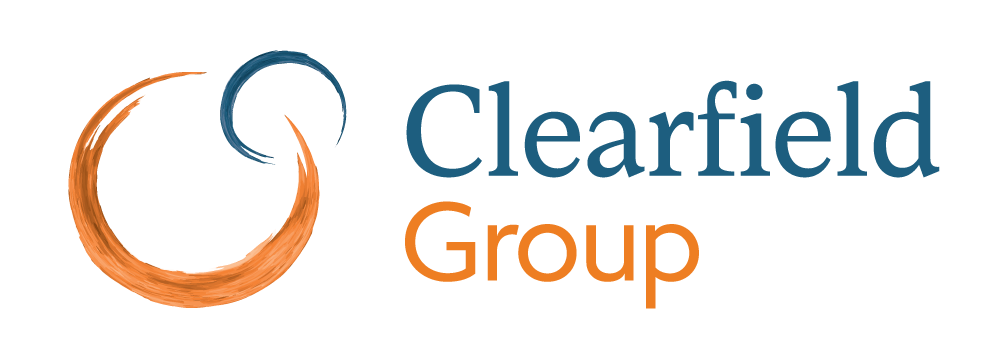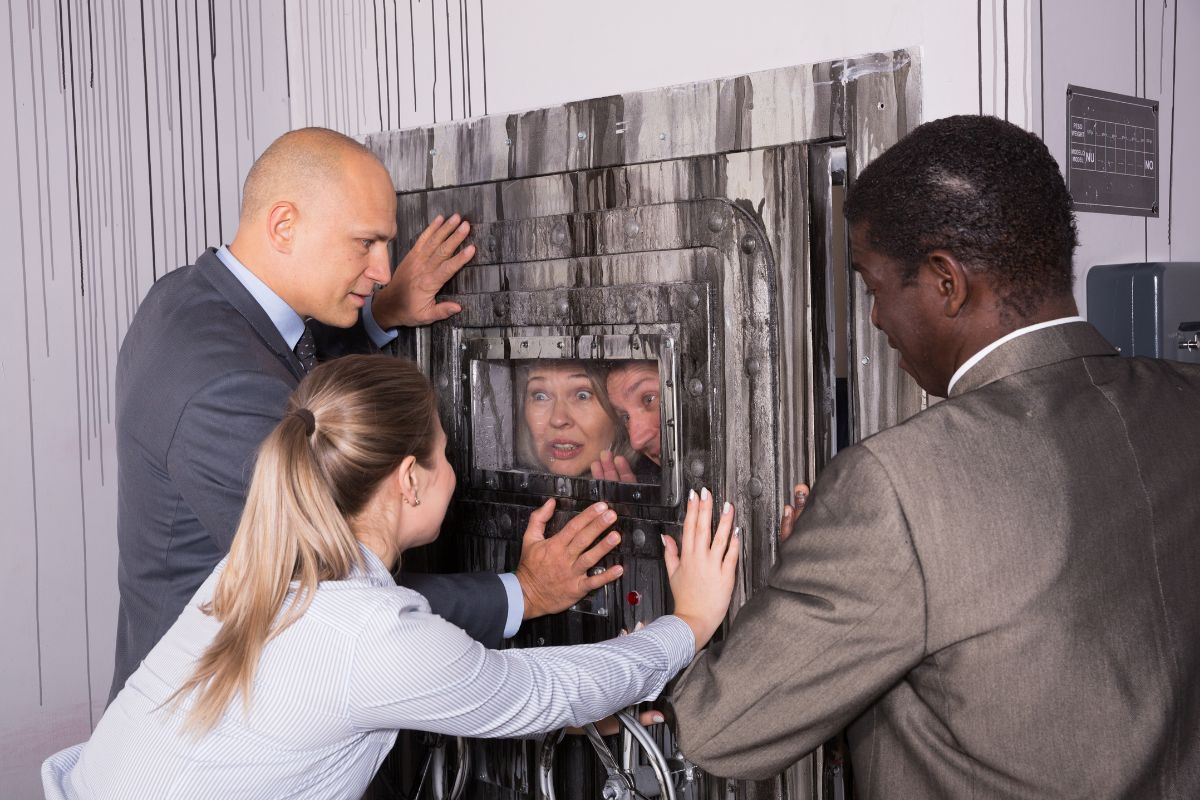Working with a complex problem requires shifting out of a win-lose paradigm and opening yourself up to collaboration and possibility.
A win-lose paradigm implies that you know the answer and that others just need to get on board and do things your way.
But in a complex system, there’s no way that you can actually know the answer. In fact, your job isn’t to know the singular answer, it’s to explore and experiment in search of a solution that works.
Complex problems are about changing how work is done—redrawing boundaries around who works together, how they work, who holds the power and who it gets delegated to, and what the systems involved are. That requires a different paradigm.
You can’t just tell people to work together differently.
And yet we still try it.
Recognizing that you’re solving a complex problem and you need a different paradigm helps you bring the right tools to the work. The tools of co-creation are different than the tools of power-over.
If the need to shift from control to co-creation resonates with you, watch my video, Shift Out of the Win/Lose Paradigm to hear more of my thoughts on how to shift out of the win-lose paradigm and embrace the possibilities that can arise from letting your team experiment.
Complex problems are often, in essence, change efforts. My guide, 3 Mistakes Most Leaders Make with Change, helps those who are leading change avoid the pitfalls I see many leaders fall into when leading change across their organizations. In it, you will find practical strategies you can start using with your team immediately. Download it for free, lead change more effectively, and learn how to let go of the win-lose paradigm where you’re guaranteed to encounter resistance.
Curious?
Download the free guide here!

